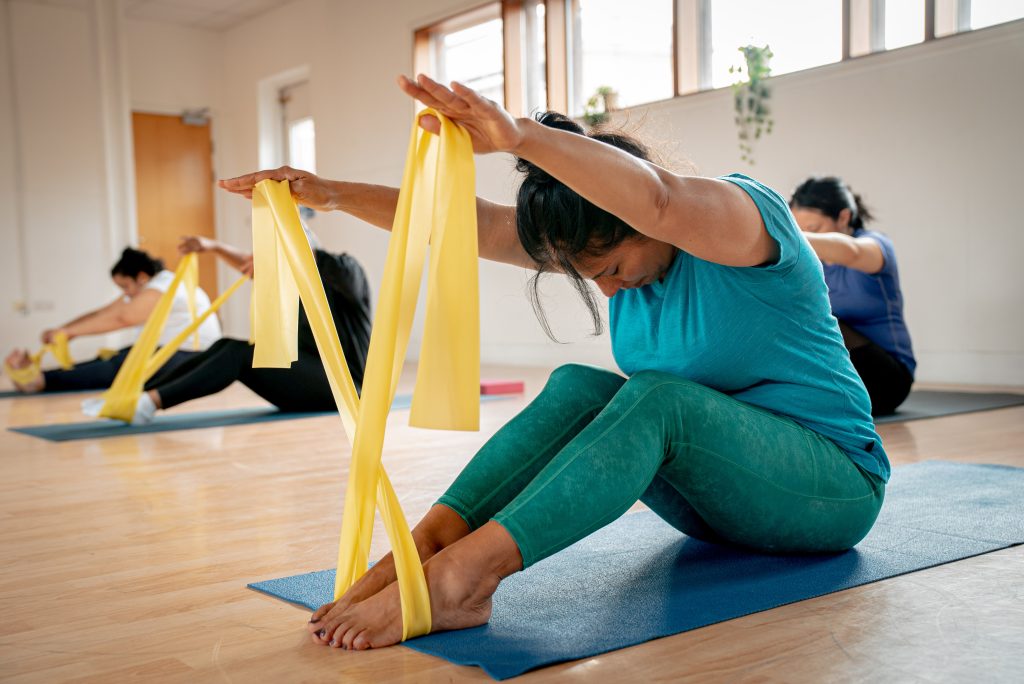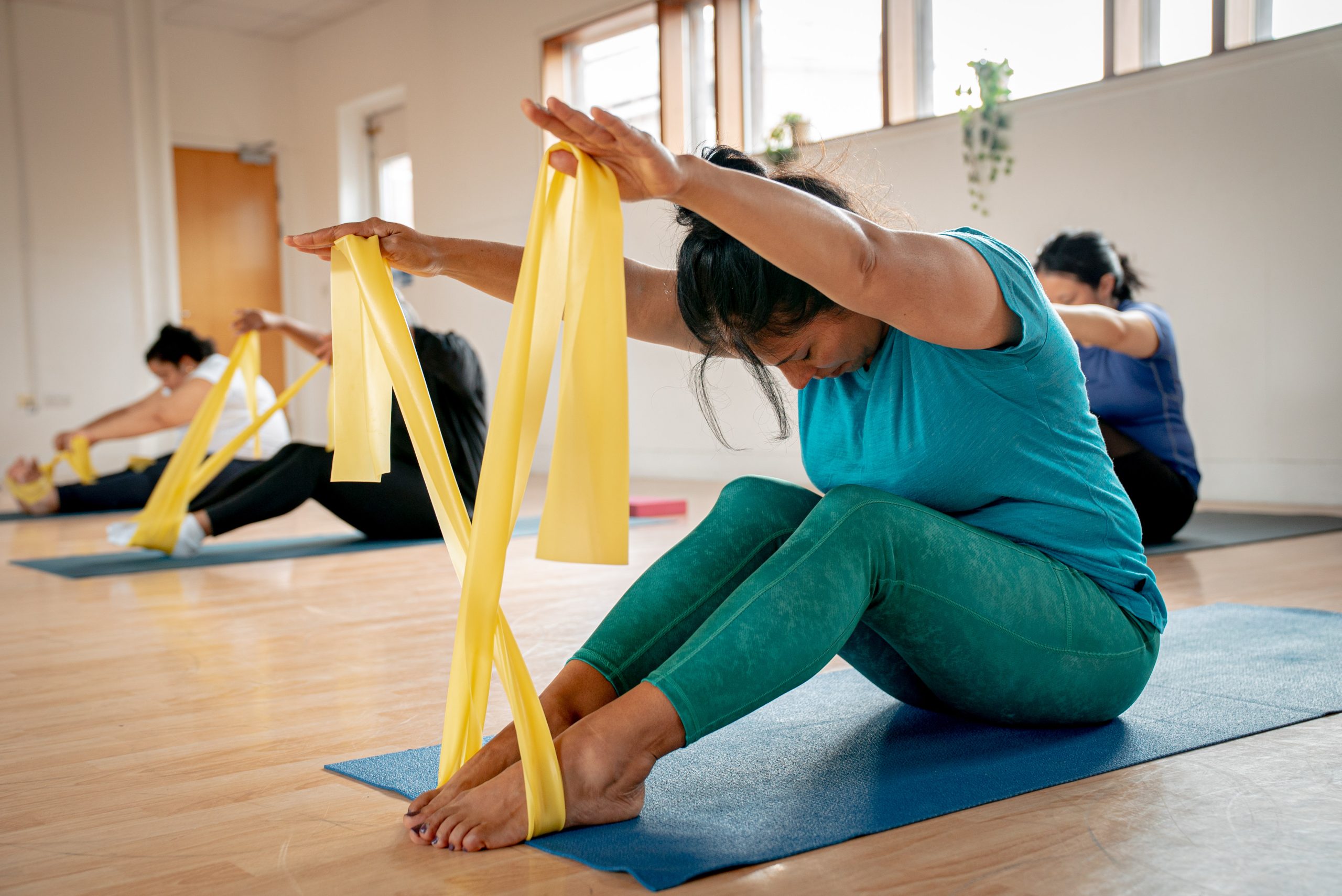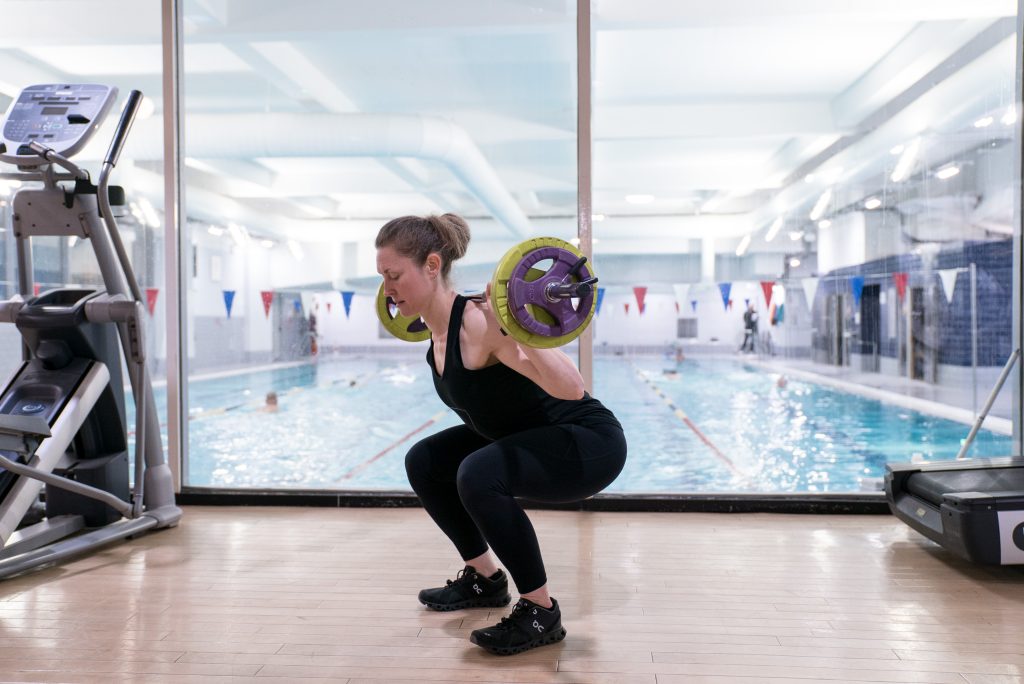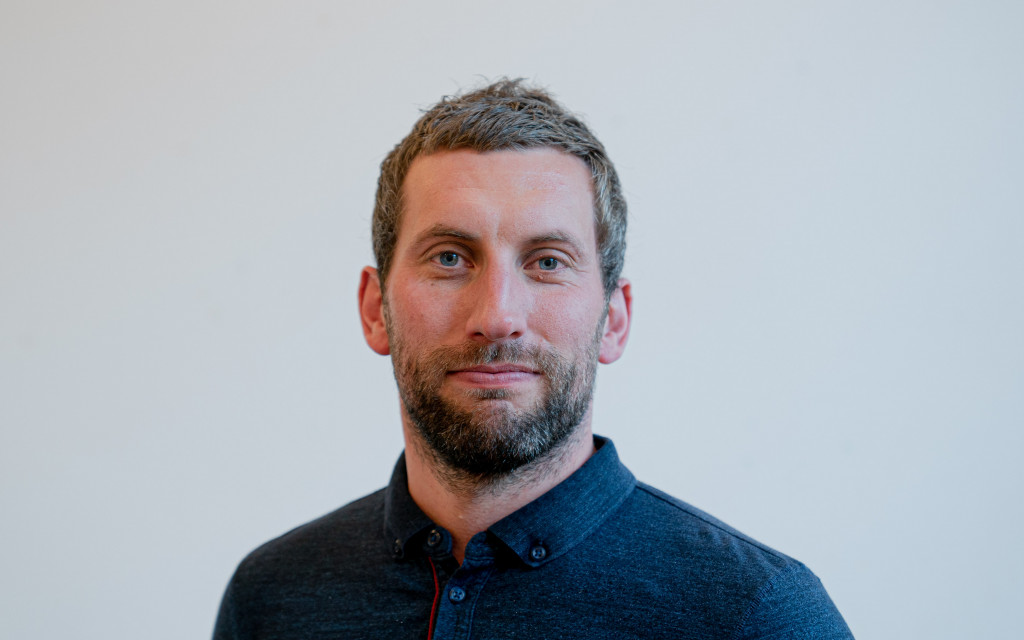Four of the new appointments joined in August to fulfil immediate vacancies and the final two will commence at the Charity’s next AGM in January 2022. The appointments follow an externally facilitated board and governance review late in 2020 which identified a number of skills gaps and a need to both refresh and diversify the board to bring a broader perspective. The new appointments arrive at a pivotal time for the charity with the launch of a new three-year strategy along with a refreshed purpose, mission, vision and values and a plan for recovery from the impact of the coronavirus pandemic.
The new Trustees, Dr Amandip Bahia, Cheryl Turner, Peter Wright, Stephen Varma, Yusuf Nurbhai and Sheena Amin, bringing a breadth of expertise from the commercial, education and public sectors and will join six other Trustees led by Chair, Andrew Beal who oversee the charity’s work, delivered by CEO Arvinda Gohil. Supported by Cadence Partners, a wide-ranging recruitment process involving members of Central YMCA’s Board, led to the new appointments.
In addition to the new Trustee appointments, Central YMCA has launched a Trustee Apprenticeship Programme which draws on the Charity’s roots, having been founded by an apprentice in 1844, its longstanding passion for developing people and experience in delivering over 4,000 apprenticeships each year across the UK. The first Apprentice Trustee appointed is Gani Lawal and Central YMCA aims to appoint a further Apprentice Trustee in 2021, with the programme particularly supporting those who might face barriers to Trusteeship. The Trustee Apprenticeship Programme will give individuals an opportunity to gain 12 months of governance experience, support and mentoring without the risk or legal responsibility carried by a formal Trustee.
“The introduction of new Trustees to our Board will bring an impressive richness of expertise and diversity of life experience that will support the current Board to deliver on our ambitious new three-year strategy. I look forward to working with Amandip, Cheryl, Peter, Stephen, Yusuf, Sheena and Gani to steer this wonderful organisation’s work in breaking down barriers to opportunity through education, training, health and wellbeing. This is an exciting time for Central YMCA and we have already begun to appreciate the very positive influence and passion that they will bring to our deliberations and decision-making them.”
– Andrew Beal, Chair of the Board of Trustees
“We are delighted to welcome our new Trustees who collectively bring a huge wealth of experience and insight and will really help us deliver our ambitions. We welcome them and look forward to creating a truly inclusive and impactful organisation fit for our times.”
– Arvinda Gohil, CEO
“I am excited to be joining the Board of Central YMCA. I am inspired by and passionate about the important role this charity plays in helping to improve the health and wellbeing; skills development and educational attainment of people from all walks of life. I am looking forward to helping drive the future strategic direction of the charity as we look to grow our reach and impact over the years to come.”
– Sheena Amin, new Trustee
“I am both proud and humbled to join Central YMCA. Its work and values are fully on purpose with my objectives to support the educational, health and wellbeing needs of people across all the communities it serves, which made it the obvious choice for me as a new Trustee. It’s been a really tough 18 months for our communities across the UK, and the work Central YMCA delivers is as important as ever to get those disproportionately impacted by the pandemic realise their academic and wellbeing potential, so I am really looking forward to working with Arvinda, her team and my fellow trustees to deliver Central YMCA’s strategy and mission over the coming years, strengthening its standing as one of the UK’s leading social enterprises”
– Stephen Varma, new Trustee
“I’m really excited about being part of Central YMCA. I have been so impressed with the impact that the organisation has (and will continue to have) to so many people, across a wide range of demographics. Wellbeing is an inherent part of my personal and professional purpose, and I can’t wait to work with the team further on their wellbeing strategy!”
– Dr Amandip Bahia, new Trustee
Read on:
FE News
Charity Today









